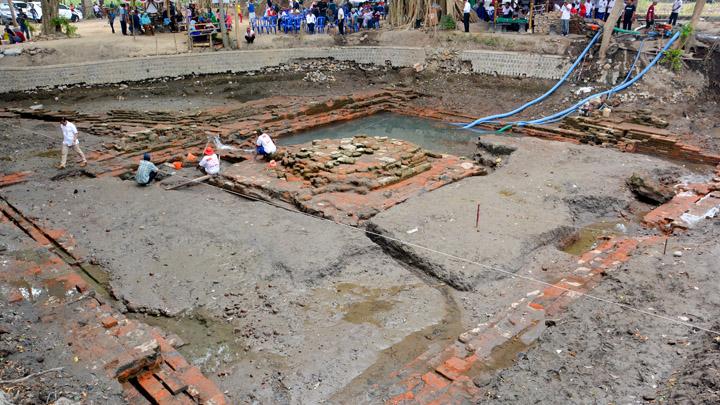
TEMPO.CO, Jakarta - AFTER 19 years of reformasi (reform era), Indonesia is still grappling with issues of human rights. The National Commission for Human Rights (Komnas HAM) has accused the government of allowing the continuous violation of religious freedom. Displaced Shia Muslims from Sampang, Madura, have been living as refugees in Sidoarjo, East Java, for over five years, after they were driven out of their hometown by local Sunnis. Meanwhile, West Nusa Tenggara Ahmadis have not fared better. They were forced to leave their homes more than a decade ago. The Ahmadis, now living in Mataram, are still waiting to return home. In commemoration of Human Rights Day on December 10, Tempo English reports.
A Home for the Ahmadis
The Ahmadi Muslims of West Nusa Tenggara have been driven away from their homes time and again. Ten years ago they found safe refuge at Wisma Transito in Mataram.
ONE August day 10 years ago, 47-year-old Syahidin came close to 'selling' his newborn daughter, as he did not have the Rp1.5 million needed to cover her birthing costs at the West Nusa Tenggara General Hospital. "I was certain that even if I had to part with my daughter, I would one day meet her again," said Syahidin.
But he never carried out his plan because an anonymous donor ended up paying all his debts. "I never found out who it was."
His financial troubles began after Syahidin was forced to seek refuge at Wisma Transito, Mataram. He and his wife stayed at the place with 37 other Jemaat Ahmadiyah Indonesia (JAI) households. Their surrounding neighborhood seems rundown, with most of the houses made from plywood.
The entire clutch of Ahmadi families stay together in three fairly large homes. One home has nine small rooms with makeshift partitions made of plywood, cardboard, as well as stretches of sarong and clothes. One room, nine square meters in size, is furnished with beds and equipped with kitchen appliances.
Ahmadi muslims living at Wisma Transito come from different regions in West Nusa Tenggara, but most are from Ketapang, West Lombok. Violence and persecution by their own neighbors had forced them to flee their hometowns. Some of Wisma Transito's refugees, Syahidin included, had even been driven away by their neighbors several times.
The first time was in 2001 when Syahidin- now a farmhand and motorcycle taxi driver- was living in the Sambi Elen village in North Lombok and a ruckus occurred. An Ahmadi died in that violent incident.
Syahidin and his family went to stay with relatives in Mataram. Later that year, they moved to the Empang village in Sumbawa Besar and became farmers. Shortly after, persecution against the Ahmadis again took place in Pancor, East Lombok, and their neighbors demanded the Syahidin family move to Kumbung village, East Lombok. There, Syahidin worked at a rice mill.
But yet again, he and his family were driven away. Along with scores of other Ahmadis, Syahidin bought a house in the Ketapang village, West Lombok, using money from the sale of his grandfather's property in East Lombok. After less than a year residing in Ketapang, a violent wave of protests crushed the Ahmadis in February 2006. "My newly furnished house was destroyed by the mob who ran amok," he said.
Left with no choice, Syahidin and 37 other Ahmadi families sought refuge at Wisma Transito. "The protesters demanded we abandon our belief," Syahidin said.
Ahmadis consider Mirza Gulam Ahmad their last prophet, says Syahidin. Mirza, Ahmadiyya's founder, is seen as a figure of reform- which is why other Muslims see Ahmadiyya as heresy, when Ahmadiyya adherents, in fact, also look to the Qur'an for guidance.
Because of the series of events, Syahidin named his daughter Transiti Nur Siddiqah. Another refugee followed suit, and named her daughter Transita Sinta Nur Safitri. The two names were proposed by an Ahmadi figure in Mataram, Syaiful Uyun, as reminders of their hardship.
Read more inspiring Outreach stories in Tempo English Weekly Magazine























